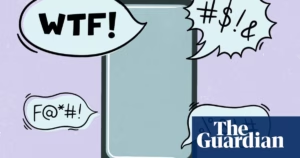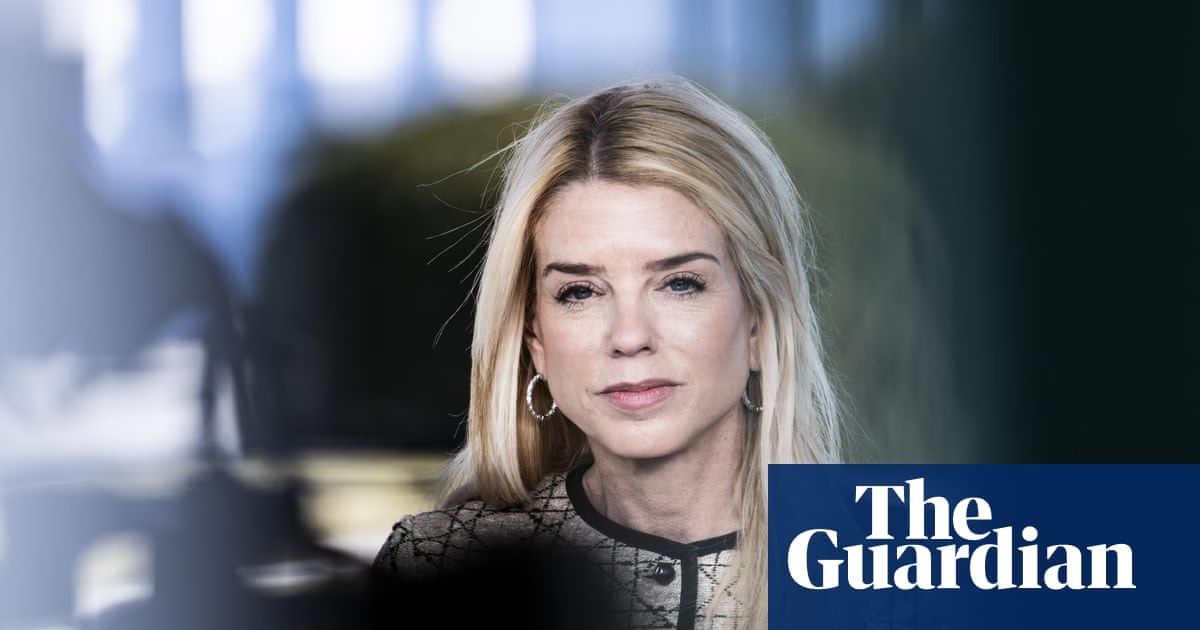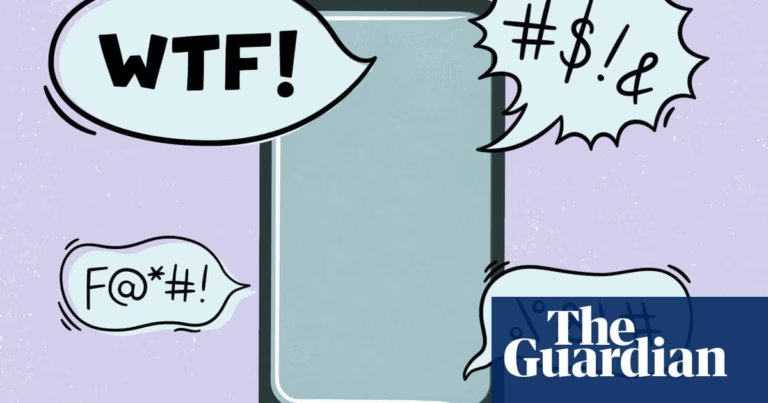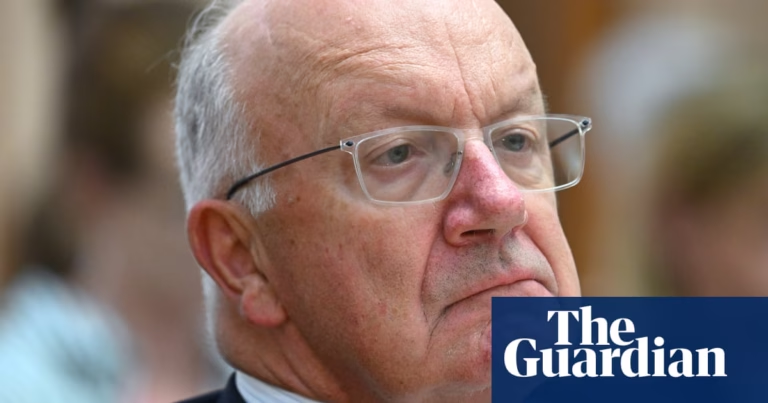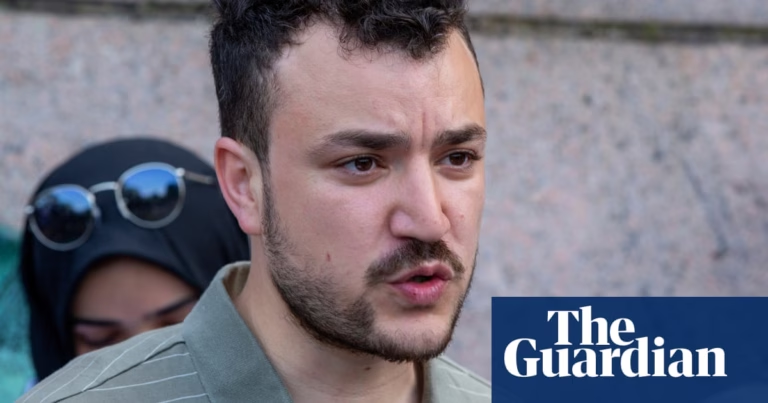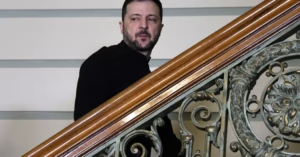A recent overhaul at the US Department of Justice has put key efforts to combat corruption at a standstill in ways that might benefit US businesses operating internationally and foreign corrupt leaders, including some Russian oligarchs.
This move has raised sharp criticism from former US prosecutors, transparency specialists, and top Democrats who argue that curtailing anti-corruption efforts is a major setback for American efforts to clean up global business practices and challenge the influence of oligarchs and authoritarian rulers.
Donald Trump’s US attorney general, Pam Bondi, who is an ally of the president, has quickly acted to halt enforcement actions for six months under the 1977 Foreign Corrupt Practices Act that prohibits US businesses from bribing foreign officials to secure deals, a practice some American firms claim gives foreign companies an unfair advantage.
Trump affirmed during the signing of an executive order in February to halt the department’s FCPA investigations for six months, declaring, “This will result in a lot more business for America.”
Along with this move, a Bondi memo last month revealed that two units aimed at fighting kleptocracy, including targeting major Russian oligarchs, were being dissolved, with some lawyers reassigned to focus on new priorities involving combatting drug cartels and transnational crime.
Veteran prosecutors argue that these policy changes are short-sighted and perilous, suggesting they could lead to US firms paying bribes to secure deals abroad and Russian oligarchs and other kleptocrats facing sanctions or other penalties for illicit activities like money laundering going unpunished.
“Eliminating the DOJ’s robust enforcement of the FCPA under the guise that it somehow makes US companies less competitive seems stubbornly ignorant,” stated Paul Pelletier, former acting chief of the fraud section. “US public companies very much understand that this type of corruption is actually bad for business and that shareholders won’t tolerate it.”
Pelletier added that the elimination of the department’s successful anti-kleptocracy initiatives in favor of targeting drug cartels is “colossally tragic.” Bondi, a former prosecutor, must understand that robustly targeting oligarchs and drug cartels are not mutually exclusive. The weakening of kleptocracy prosecutors, by design, empowers those authoritarians bent on looting their countries.
Bondi and Trump have promoted these actions as part of a strategic shift at the DOJ to bolster other Trump priorities and those they claim are good for businesses.
Trump’s FCPA order echoes the stance of business opponents of the 1977 law, claiming that “expansive and unpredictable FCPA enforcement against American citizens and businesses … for routine business practices in other nations…wastes limited prosecutorial resources…and actively harms American economic competitiveness and, therefore, national security.”
At the DOJ, Bondi swiftly issued directives dissolving “Task Force KleptoCapture” and another unit, the Kleptocracy Asset Recovery Initiative, which had targeted Russian oligarchs with ties to the Kremlin since the 2022 invasion of Ukraine.
Last year, the department announced that the taskforce had charged more than 70 individuals for violating international sanctions and export controls against Russia, leading to the seizure of assets from figures like Russian oil and metals billionaire Viktor Vekselberg.
According to Bondi’s directive, staff from KleptoCapture and the Kleptocracy Asset Recovery Initiative would be reassigned to combat drug cartels and transnational criminal organizations.
In a move that aligns with Trump’s political agenda and pro-Russia stance, Bondi also disbanded the FBI’s foreign influence taskforce, which aimed to counter secret operations by Russia, China, and other adversaries affecting US politics and public opinion.
Citing the need to address more pressing priorities and risks of further weaponization and abuses of prosecutorial discretion, Bondi’s order stated the disbanding of the FBI task force.
Likewise, Bondi relaxed criminal actions for violations of the decades-old Foreign Agents Registration Act, used by the DOJ to fight foreign disinformation and influence operations requiring lobbyists working for foreign governments to register with the US government.
DOJ veterans and anti-corruption advocates are particularly critical of Bondi’s decision to disband anti-kleptocracy units, arguing this could weaken efforts against drug cartels and fuel more illicit foreign funds flowing into the US.
Stefan Cassella, an ex-federal prosecutor now running Asset Forfeiture Law, argued that treating kleptocracy and drug trafficking as separate issues is “naively simplistic” and said the disbanding of anti-kleptocracy specialized prosecutors deprives law enforcement of the necessary people and resources when public corruption and drug trafficking overlap, which they often do.
Cassella further stated that the DOJ changes not only fail to punish these individuals but also enable them to use the US financial system to hide and invest their wealth.
Gary Kalman, head of Transparency International’s US operations, stressed the importance of the anti-kleptocracy initiatives as platforms for critical information sharing, warning that their dissolution could slow or block timely enforcement action.
Some ex-DOJ lawyers expect that Bondi will have to reconsider her stance regarding the anti-kleptocracy units.
Andrew Adams, a former top national security official at the DOJ overseeing global sanctions programs, stated, “New DOJ leadership has put well-financed, cross-border cartels in the center of its sights, and where new leadership has disbanded some legacy programs that would drive that enforcement, I fully expect they will want and need to establish new
Source: https://www.theguardian.com/us-news/2025/mar/10/trump-doj-pam-bondi-corruption
